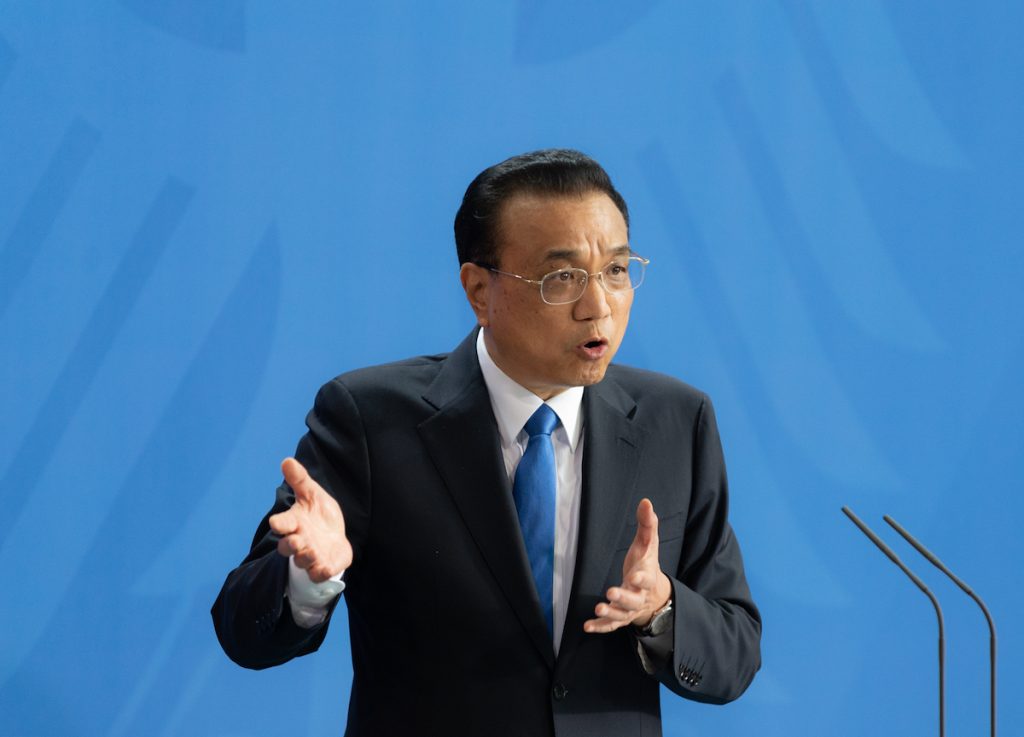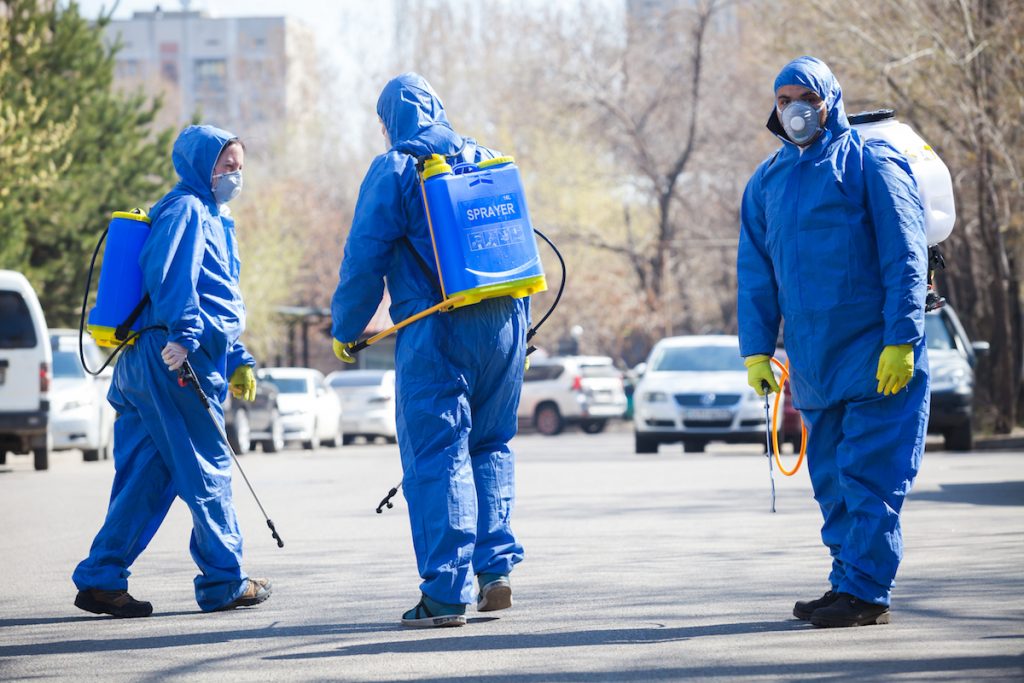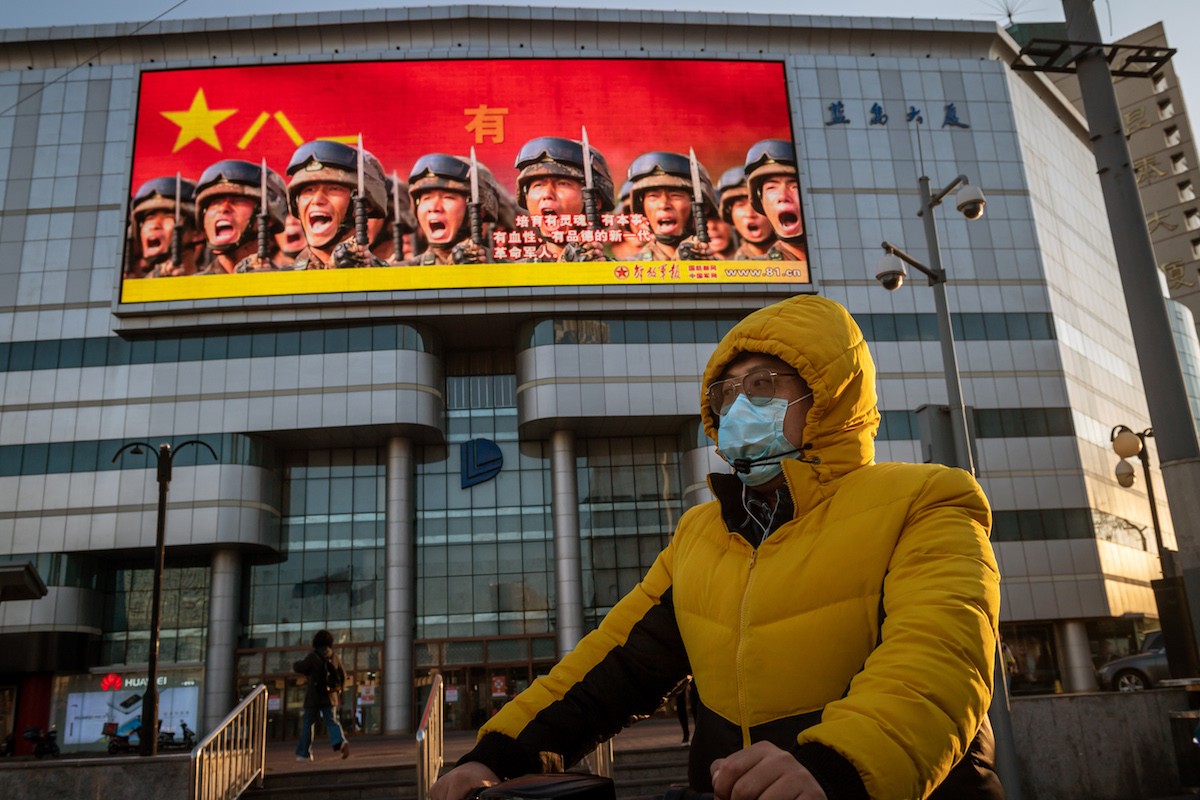On April 20, reports emerged that China is seeking to eliminate international border restrictions for its top executives, starting with Japan, South Korea, Singapore and possibly Thailand. China wants countries to create “green lane” fast tracks for these ultra-wealthy Chinese nationals to continue their business as usual around the world, despite continued dangers from COVID-19.
The world should respond with a resounding: “No way!”
Instead, we should produce a list of demands that prominently includes timely compensation to defray coronavirus-related damages, starting with $6.7 trillion that China holds in international debt and equity. In the midst of suffering from COVID-19, the world needs a full coronavirus jubilee. Anything less should be refused.
On April 21, the State of Missouri filed suit against the Chinese government and the Chinese Communist Party (CCP) for COVID-19 damages. According to one estimate, the American state endured damages of at least $44 billion from the COVID-19 shutdown.
Missouri’s case is the latest, following seven COVID-19 related federal class-action suits in the United States alone against China. U.S. senators are also calling on the federal government to lodge a suit at the International Court of Justice, and have legislation pending to strip China of its sovereign immunity in pandemic-related cases. The same approach can and should be followed in other countries around the world.
To ensure that China pays whatever damages are found by the courts, government officials should freeze China’s assets globally. China should not be allowed to transfer money back to China. Neither should it be allowed to sell its debt or equity holdings until after the coming wave of global lawsuits are complete and damages paid in full.
This decoupling of China from the debt and equity it holds abroad will go a long way towards decreasing the threat to independent countries of Chinese hegemony.
Threat
The Chinse Communist Party (CCP) does seem to be a continued threat, as it apparently wants to keep profiting from the poor and unsuspecting, putting them in debt, and enslaving entire economies to what appears to be a remarkable mercantilist plan to make China the world’s only high-technology industrial economy, with all other economies weakened to the point of merely providing raw resources and agriculture. An indicator for China’s apparent plan can be found in Li Keqiang’s views, as reported by former U.S. National Security Adviser H.R. McMaster in the May 2020 issue of the Atlantic:
“Our last meeting of the state visit, in the Great Hall of the People, was with Li Keqiang, the premier of the State Council and the titular head of China’s government. If anyone in the American group had any doubts about China’s view of its relationship with the United States, Li’s monologue would have removed them. He began with the observation that China, having already developed its industrial and technological base, no longer needed the United States. He dismissed U.S. concerns over unfair trade and economic practices, indicating that the U.S. role in the future global economy would merely be to provide China with raw materials, agricultural products, and energy to fuel its production of the world’s cutting-edge industrial and consumer products.“
If this is how China sees even the United States, one of the world’s largest and most technologically-sophisticated of economies, China must think even worse of countries in the rest of the world, including Asia, Africa, Europe and Latin America.

Given Li Keqiang’s logic, it should now be obvious that the trillion-dollar Belt-and-Road Initiative (BRI) was never meant to develop a diverse and mutually-beneficial world economy, but rather, to derail competitors’ technological development. Rather than countries seeking economic strength and independence through building up their manufacturing and technology industries, China apparently seeks to deflect them towards infrastructure construction, including ports, roads and railways that are most useful in the extraction of natural resources for export to China.
The CCP kills two or even three birds with one stone by burdening these countries with high-interest, short-term debt that the debtor nations end up repaying with collateral like ports and local industries. All the while, China enriches itself by exporting excess infrastructure capacity. China then becomes the single global hub of industry and technology to a global economy of satrap nations subsisting on agriculture and resource extraction for export. China returns to its glorious imperial past, leaving the rest of us as subjects.
China could only have secured these horrible infrastructure deals through bribing and threatening political leaders around the world. “The new vanguard of the Chinese Communist Party is a delegation of bankers and party officials with duffel bags full of cash,” writes McMaster. “Corruption enables a new form of colonial-like control that extends far beyond strategic shipping routes in the Indian Ocean and South China Sea, and elsewhere.” China’s bad BRI deals and more required lying to the world’s public and bribing their officials.
After helping develop China economically for decades through low-interest development loans from the World Bank, international subsidies including cheap shipping rates, and privileged access to global markets through its developing nation status at the World Trade Organization, China has betrayed that trust by stealing technology and bribing politicians. With the economic success that resulted, the People’s Liberation Army (PLA) built a military capable of challenging the U.S. and dominating Asia.
Looking back, our decades of constructive engagement with China since the opening in 1972, when President Nixon first met Chairman Mao, appear incredibly naive.
But those days are gone. The deadly threat of COVID-19 and Beijing’s crude attempts at a coverup jolted the global public awake to the threat of the CCP, which now adds insult to injury by seeking a return to business as usual without even an apology for the destroyed lives, loved ones, families, homes, and economies.

Compensation
Compensation will at minimum be $5-$10 trillion, and can in part be paid by China through debt forgiveness. Since 2000, the country has loaned out approximately $5 trillion U.S. dollars, including hidden debt, to 152 countries. In addition, China’s foreign direct investment (FDI) by 2017 equaled approximately $1.7 trillion. Together, this $6.7 trillion will likely provide just partial compensation for global COVID-19 damages. But it is a good start.
Tough measures are needed to ensure payment, like threatening to bar China’s diplomats from participation in international organizations in New York, Geneva, Paris, and Rome. These actions could be taken regardless, in order to pressure China into improving its governance, and to decrease Beijing’s malign influence abroad.
To reinstate China’s diplomats in these places, the CCP should meet achievable and irreversible demands to prove progress towards removing the conditions that caused the COVID-19 damages in the first place. Demands of China should include: removal of Xi Jinping as Secretary General; improvements on human rights and democratization, especially in places like Xinjiang, Tibet and Hong Kong; a stand-down of China’s growing militarization of the Taiwan Strait, East and South China Seas, and Himalayas; and the end to predatory practices like international bribery and technology theft.
If Beijing refuses, the world should further its diplomatic and economic isolation of China through even tougher sanctions regimes. Zhongnanhai should hear loud and clear from the world that we do not fear its bullying, and we will not tolerate continued abuse.
Anders Corr holds a Ph.D. in government from Harvard University and has worked for U.S. military intelligence as a civilian, including on China and Central Asia. The views and opinions expressed in this article are those of the author and do not necessarily reflect the official editorial position of LICAS.news.







